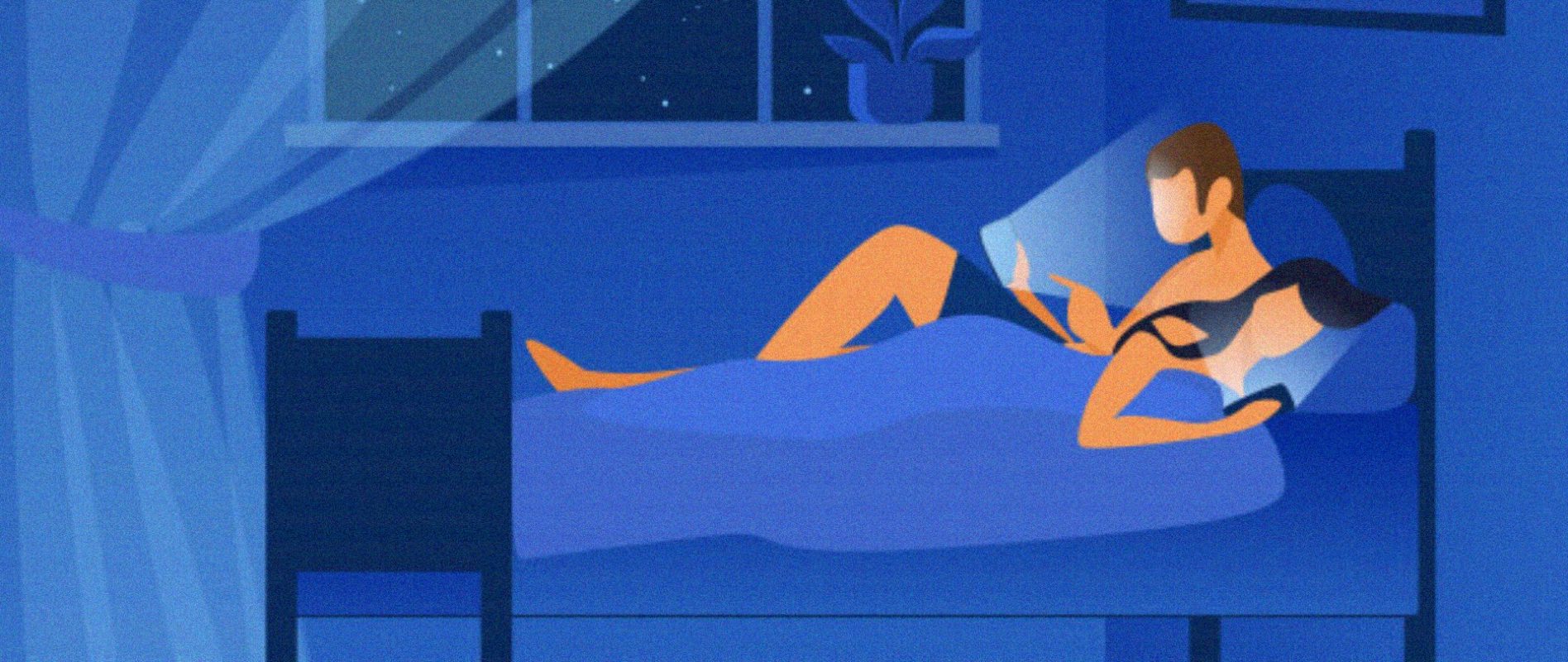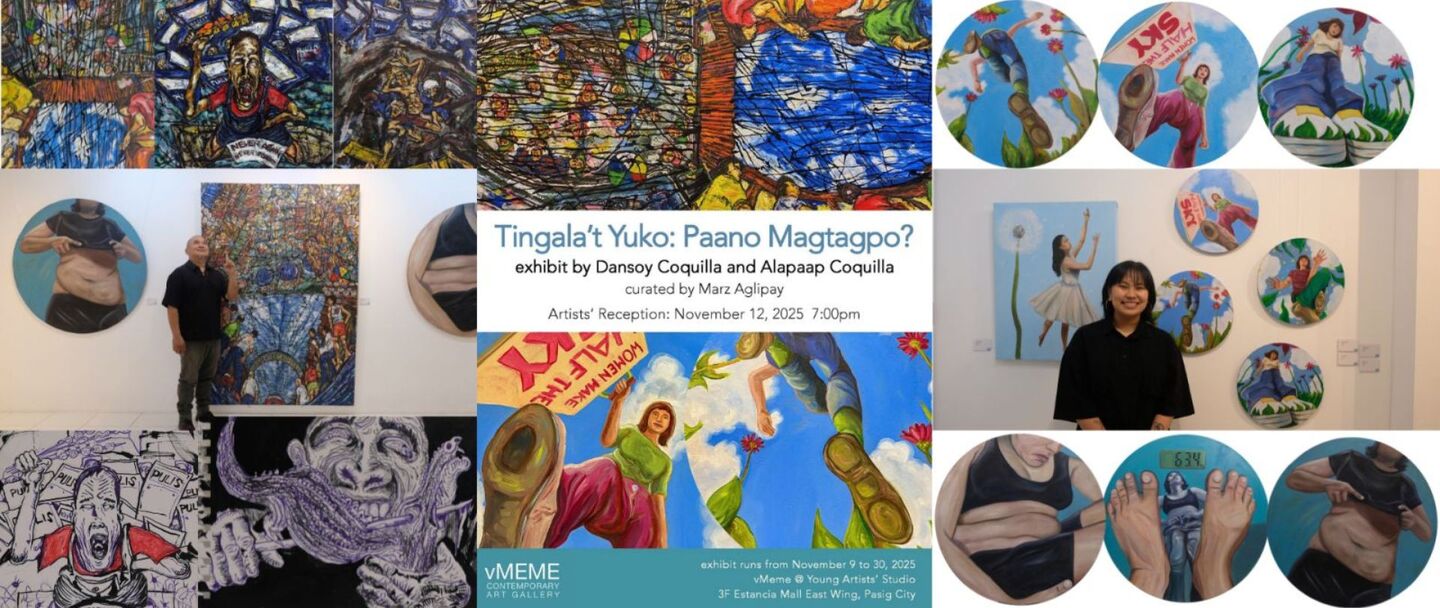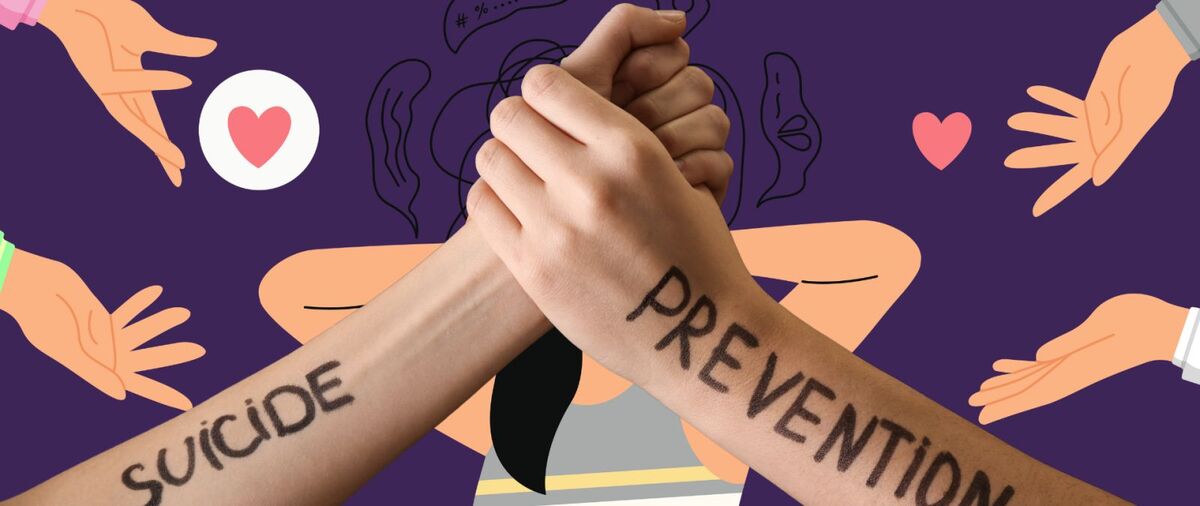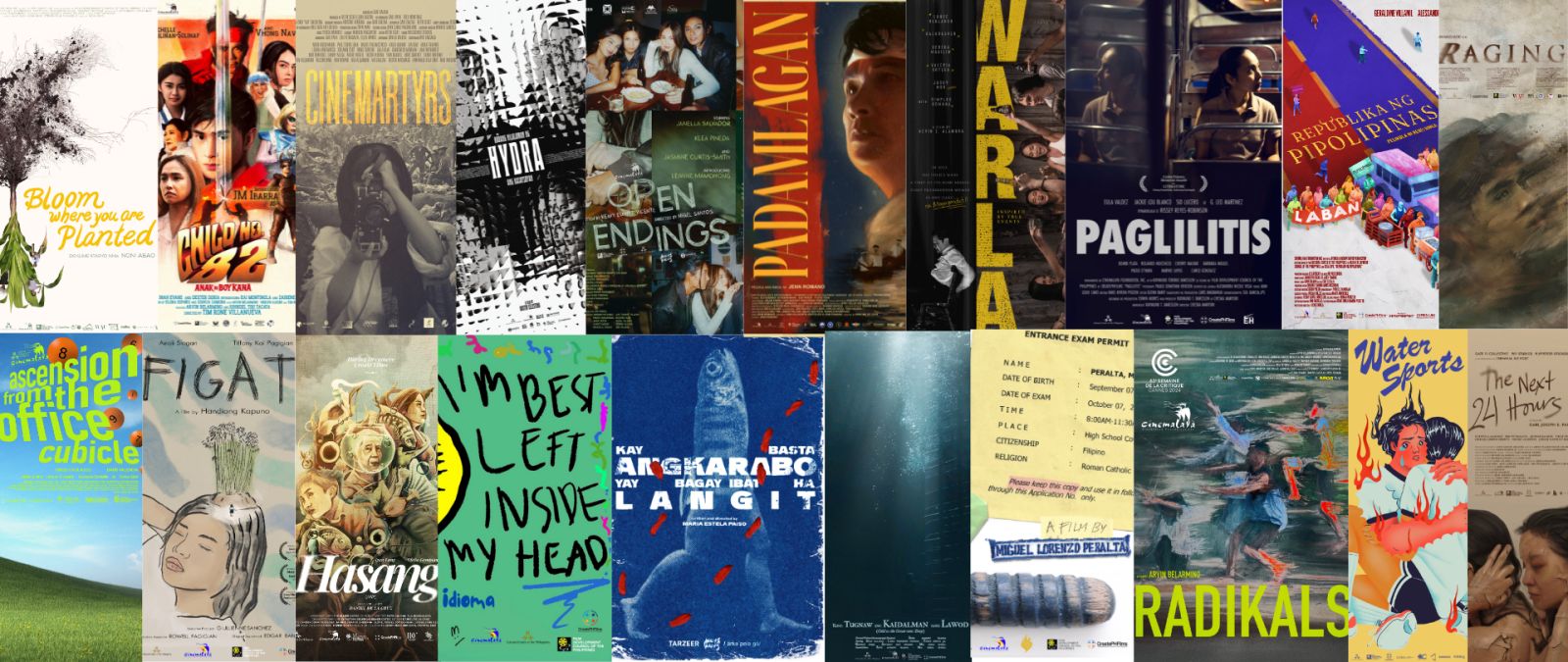INTERNET, WE HAVE A PROBLEM: FIVE WAYS TO GET YOU STARTED ON THAT SOCIAL MEDIA DETOX
"There are only two industries that call their customers 'users': illegal drugs and software." We see you, we feel you, and we're on the same boat as you. The first step is to admit we have a problem. The social media wormhole is addicting, sometimes even crippling, and we're going to get through it together, team!
The term “social media addiction” is one that has been thrown around in reports, conventions, and international articles since the early days of MySpace, Friendster, and other huge platforms that have revolutionized the way young—nay—people connect with one another. But it wasn’t until the last decade where this became a real tangible problem that has influenced or even disgruntled a generation’s mindset, sense of self-worth, and overall behavior, with the rapid rise of the major platforms we know and use today: Facebook, Twitter, Instagram, Google, and more.
Countless intelligence reports and experts have brought this phenomenon to light, and touched on the dangers of this addiction, especially to the younger generations that do not know a life without it. Many of these points were made in the Netflix Documentary The Social Dilemma, where former employees and innovators of global tech companies from Silicon Valley dismantled the facade of social media’s features like infinite scrolls down to recommendations to reveal what’s really behind it—and how these are meant to glue you to your chosen devices.
These pioneers of the industry unveiled the hidden truth that thousands of engineers and developers are actually dedicated to understanding you and your preferences, and giving you everything you might like in the aim to capture your attention enough to shower you with ads.
We all might know this vaguely because of the growing conversation around data mining, data privacy, and the power of algorithms, but we may have never really understood it in full. Basically, our social media feeds are curated to fit our beliefs, our interests, and our version of the world — and the platforms were designed to be exactly like that to attract the real customers (advertisers) to the real product of social media: us and our attention.
“There are only two industries that call their customers ‘users’: illegal drugs and software.” This was a significantly profound statement made by American statistician and political science professor Edward Tufte, and it’s even crazier when you realize just how true that statement is.
So, yes, social media addiction is very real, and it also presents very real problems like the promulgation of fake news, a false metric of self-worth, and a bubble around each of us that presents the “truth” in different, sometimes contradicting, ways.
For all of us stuck in this infinite pool of content designed to keep us frozen in place in front of our phone screens, here are some tips to get over the addiction and beat the algorithm:
Turn off notifications.
Or at the very least, reduce the amount of apps that you allow to notify you at random moments throughout the day. Especially the ones that are just reminders to order food, or watch the latest video, and not all that timely or important. You’ll have plenty of time to view that, but just make sure it’s on your terms and not at the beck and call of Artificial Intelligence (AI) prompts.
Avoid following recommendations.
Make a choice. Those suggested content are videos and posts lined up that developers believe will get you hooked and deeper into the wormhole. By doing this, you’re being unpredictable for AI to fully follow, and you won’t end up in a daze of just tapping and clicking hours of your life away. Mindlessly clicking is part of the addiction of social media, and the simple act of typing down video titles or accounts to check out can break that dizzying routine.
Watch the time.
When you find yourself in those content wormholes, don’t forget to lift your head and look at the clock. That little physical change can take you away from that social media trance, and it’s also important to monitor just how much time you’re actually dedicating to scrolling and scrolling through endless mounds of content.
If you can, it’s even better to simply allot time throughout the day to allow yourself to go online, and then strictly forbid yourself from checking outside of the time slot.
Follow people who don’t have the same beliefs as you.
Following recommendations, and curating your digital world to only reflect your own beliefs and ideologies can create a bubble where you think that your beliefs are the ultimate truths of the world. This can be dangerous as it creates division in society in which no one is listening, or even has access to, the other side, which can ultimately lead to zero understanding and respect between religions, cultures, and political parties.
On top of that, only following people who think like you will just get you deeper and deeper into the wormhole as it reflects your own mindset. Listening to other sides that you may not fully understand will educate you of other points of view, and also provide breaks from mindless consumption of things you already know.














